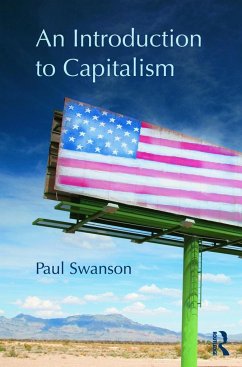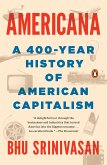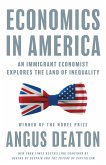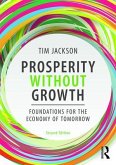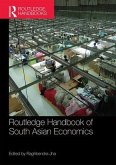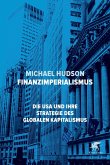Embedded in an historical account of the development of U.S. capitalism up to the present day, this book gives the reader a thorough description of the major aspects of the U.S. economy, as well as a theoretical understanding of the overall economy. A particular focus of this book is how free markets work in capitalism and the interrelationship between markets and the government. Of particular interest in the current economic situation is the question of what can the government do to get the economy going again.
Underlying the standard economics text today is the fundamental belief that leaving markets as free as possible will lead to the ideal economy. Directly opposing this approach, this book takes a critical stance toward free markets. Rather than viewing markets as the ideal solution to almost all economic problems, this book argues that markets are not always the answer. On the contrary, they are often the problem, and must be corrected by government action. Related to this critical stance, and in a further departure from current economics texts, this book takes an explicitly Keynesian approach to the macro-economy. Rejecting the free market approach which dominates both micro- and macro-economics today, this book offers a fresh perspective on economics and the economy today.
Underlying the standard economics text today is the fundamental belief that leaving markets as free as possible will lead to the ideal economy. Directly opposing this approach, this book takes a critical stance toward free markets. Rather than viewing markets as the ideal solution to almost all economic problems, this book argues that markets are not always the answer. On the contrary, they are often the problem, and must be corrected by government action. Related to this critical stance, and in a further departure from current economics texts, this book takes an explicitly Keynesian approach to the macro-economy. Rejecting the free market approach which dominates both micro- and macro-economics today, this book offers a fresh perspective on economics and the economy today.

